Tampa's HVAC Services | License #: CAC1818057
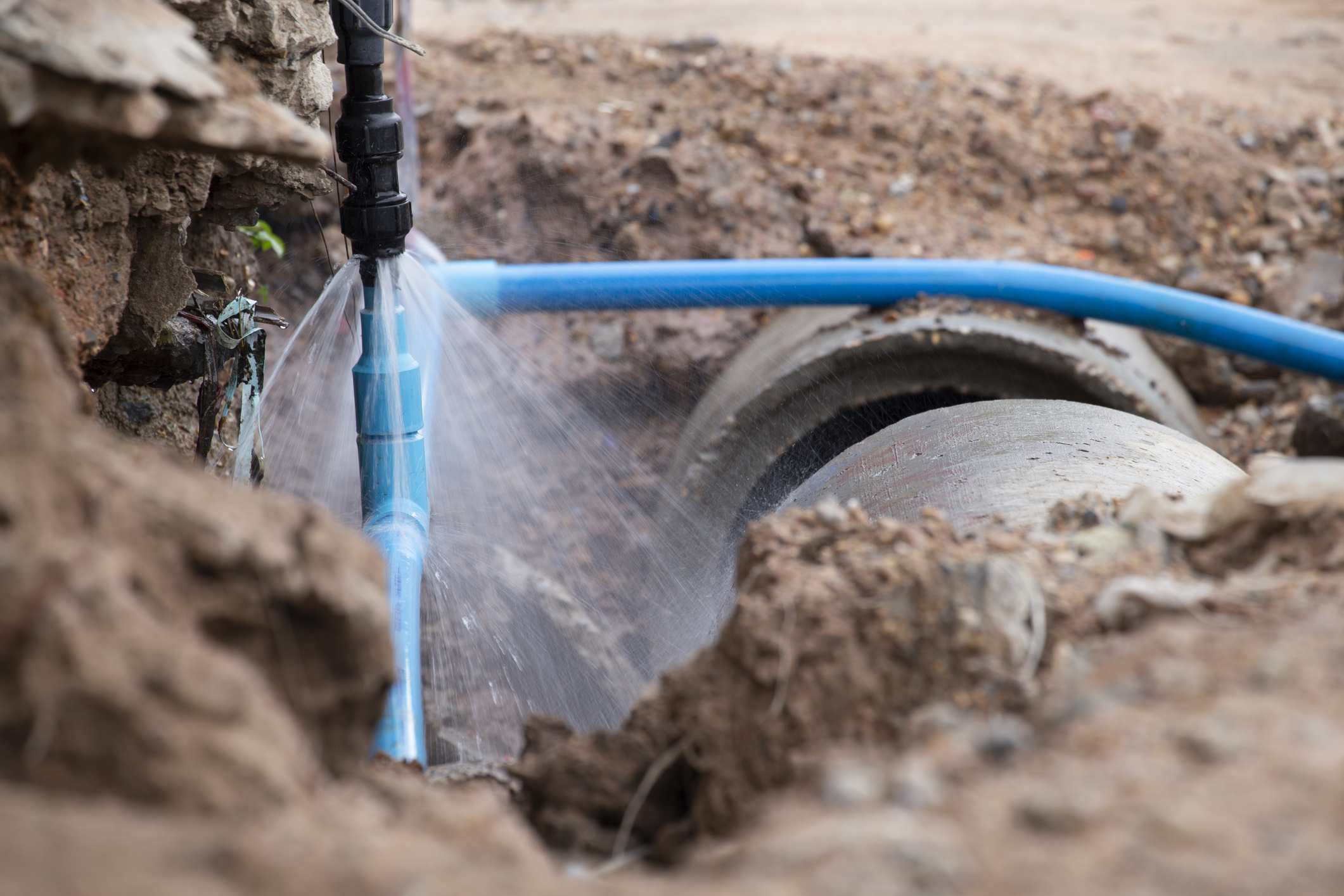
Broken Pipe? 5 Common Causes
A broken pipe can cause significant damage to your home, leading to costly repairs and potential health hazards. Understanding the common causes of broken water pipes is crucial in preventing such issues. In this blog post, we will explore the top five reasons why pipes burst and how you can prevent these problems. By the end, you’ll know how to identify potential issues and the best steps to take for broken pipe repair.
1. Freezing Temperatures
One of the most common causes of broken water pipes in most areas of the country is freezing temperatures—albeit less frequent here in Florida. When water inside the pipes freezes, it expands, causing the pipe to burst. This is particularly common in areas with harsh winters or in homes with inadequate insulation. To prevent this, it is essential to insulate your pipes, especially those in unheated areas such as basements, attics, and garages. Additionally, keep your home adequately heated during cold weather and allow a trickle of water to flow through your faucets during extreme cold spells to prevent the water from freezing.
2. Corrosion
Corrosion is another leading cause of broken water pipes. Over time, pipes, especially those made of metal, can deteriorate due to the natural chemical reaction between the pipe material and the water flowing through them. This process weakens the pipe walls, making them more susceptible to breaking. Regular inspection of your plumbing system can help detect signs of corrosion early. Replacing old, corroded pipes with modern materials like PEX or copper can significantly reduce the risk of pipe bursts due to corrosion.
3. High Water Pressure
Excessively high water pressure can put a tremendous strain on your plumbing system, leading to broken pipes. When the water pressure exceeds the pipe’s capacity, it can cause the pipes to rupture. Monitoring your home’s water pressure is essential to prevent this issue. You can use a pressure gauge to check the water pressure and ensure it remains within the recommended range of 40 to 60 psi. Installing a pressure regulator can help maintain safe water pressure levels and protect your pipes from bursting.
4. Tree Root Intrusion
Tree roots can cause significant damage to your plumbing system by infiltrating and blocking the pipes. As the roots grow and expand, they exert pressure on the pipes, eventually causing them to crack or burst. If you have trees growing near your underground plumbing lines, it’s important to be vigilant. Regular inspection and maintenance can help identify potential root intrusion issues before they become severe. In some cases, it may be necessary to remove or relocate trees to protect your plumbing system.
5. Poor Installation or Maintenance
Improper installation and lack of regular maintenance can lead to a variety of plumbing issues, including broken pipes. Poorly installed pipes may have weak joints or inadequate support, making them more susceptible to damage. Additionally, failing to maintain your plumbing system can result in unnoticed wear and tear, increasing the risk of pipe bursts. To prevent this, always hire licensed and experienced professionals for plumbing installation and repairs. Regular maintenance checks can help identify and address potential issues before they lead to a broken water pipe.
Conclusion
Understanding why pipes burst is the first step in preventing these problems and protecting your home from water damage. By addressing issues like freezing temperatures, corrosion, high water pressure, tree root intrusion, and poor installation, you can significantly reduce the risk of experiencing a broken water pipe. Regular maintenance and timely repairs are crucial in ensuring the longevity and reliability of your plumbing system.
For all your plumbing and HVAC needs, contact The Comfort Authority. Our experienced team is ready to assist you with any issues, from minor repairs to major installations. Don’t wait until a small problem becomes a big one—call us today and ensure your home remains comfortable and safe year-round.
Recent News
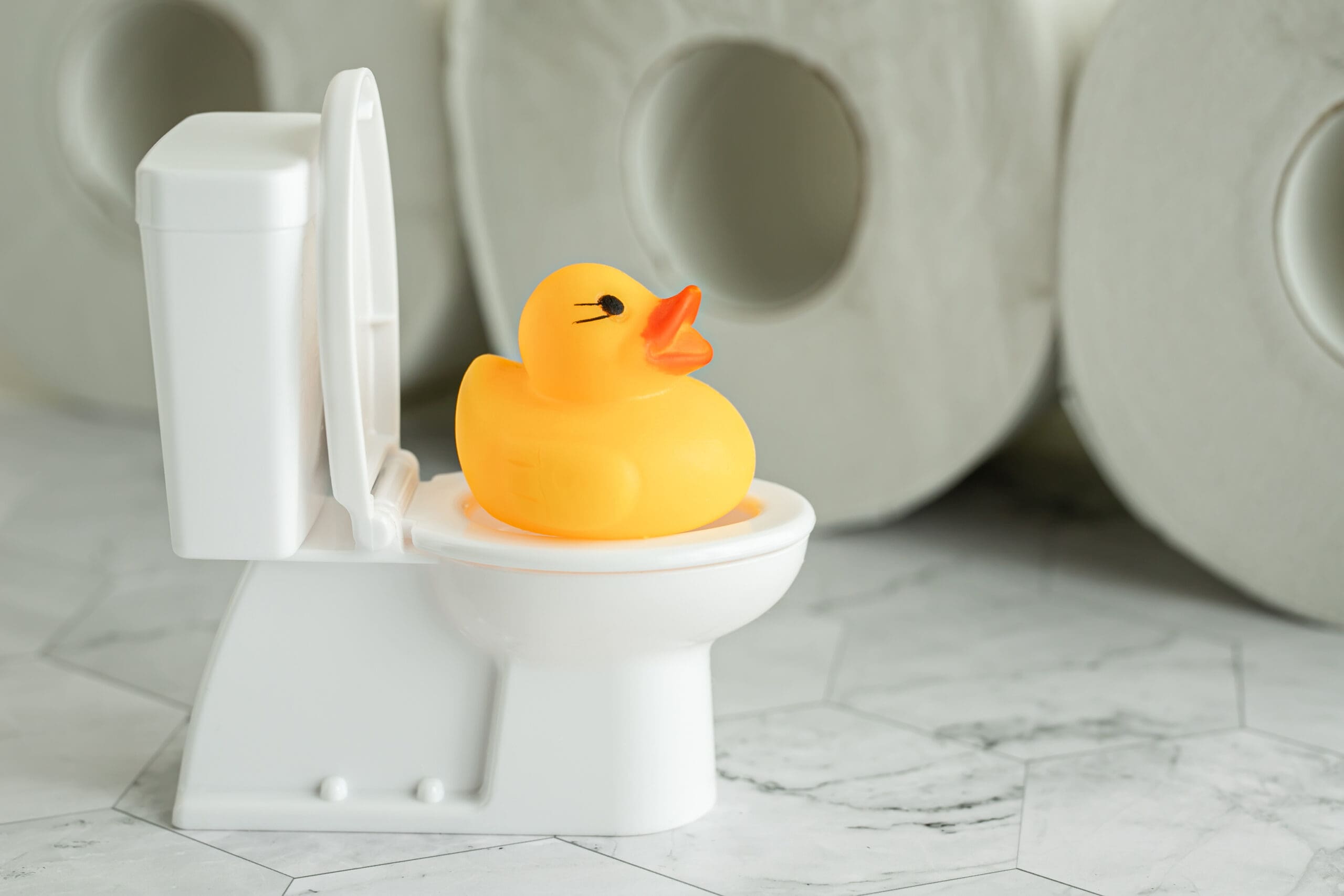
Why Does My Toilet Flush Twice?

Why Does My Bathroom Smell Like Sewage?
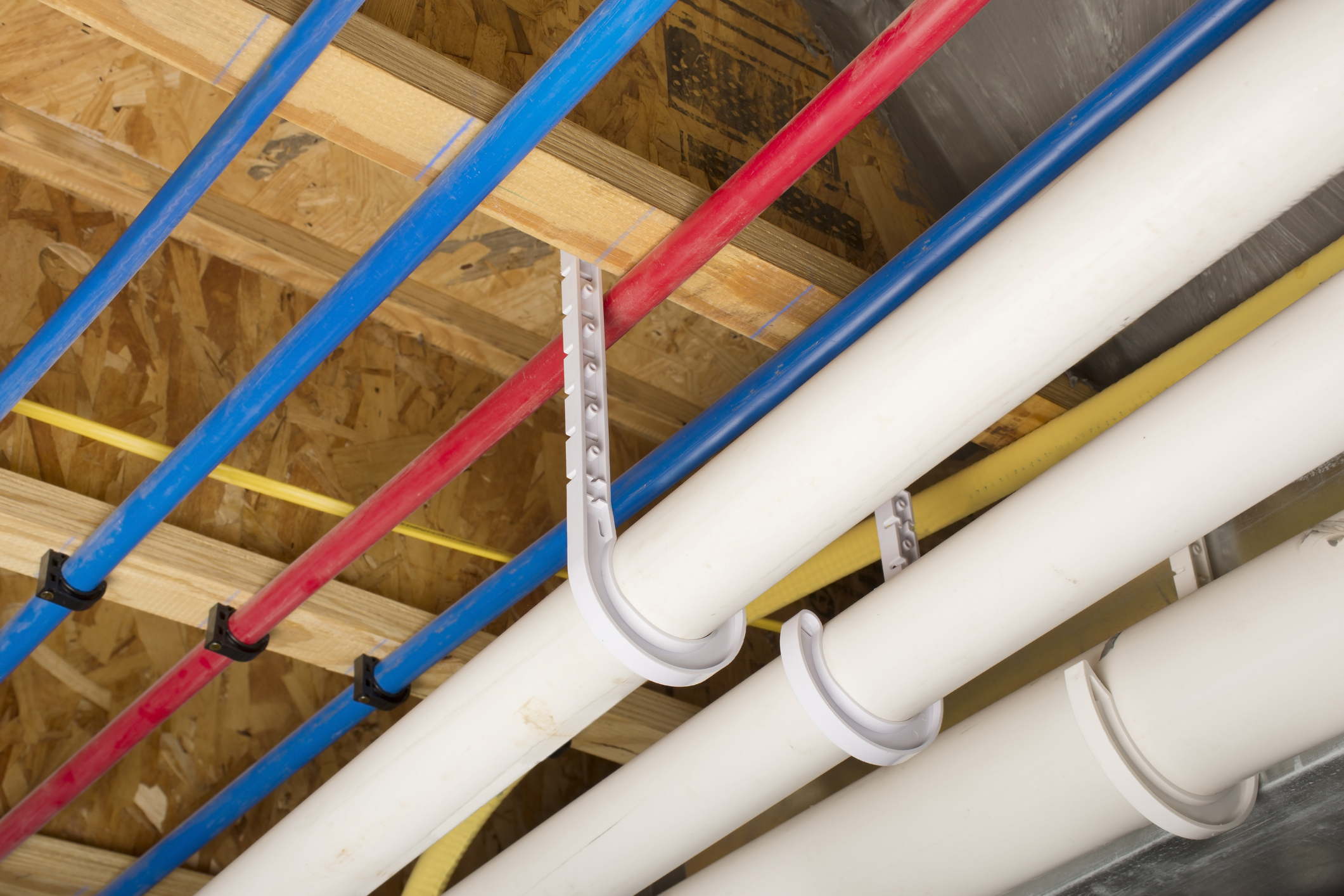
Types of Plumbing Pipes: Which are Best for Your Home?
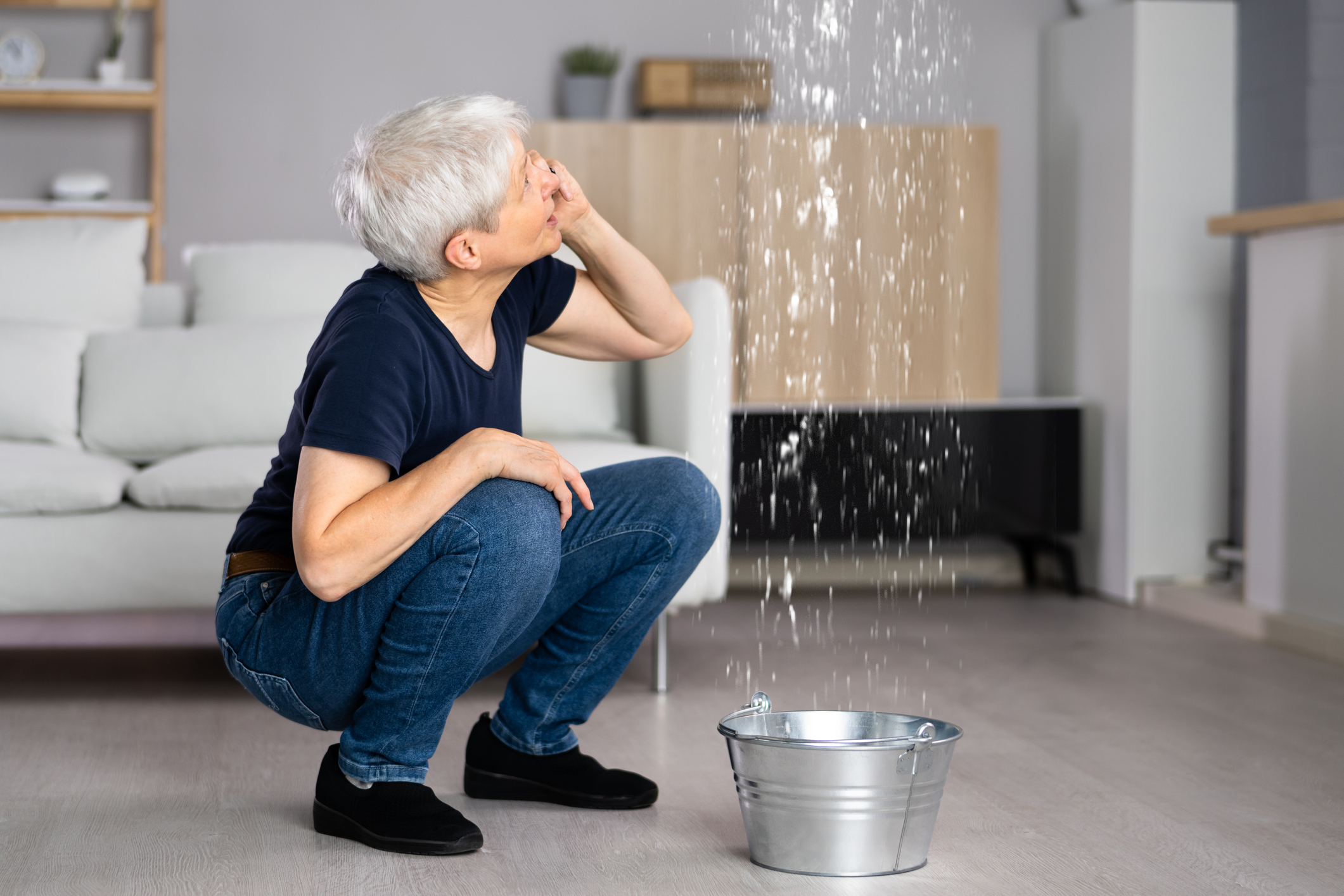
What to Do In Case of an Emergency Water Leak
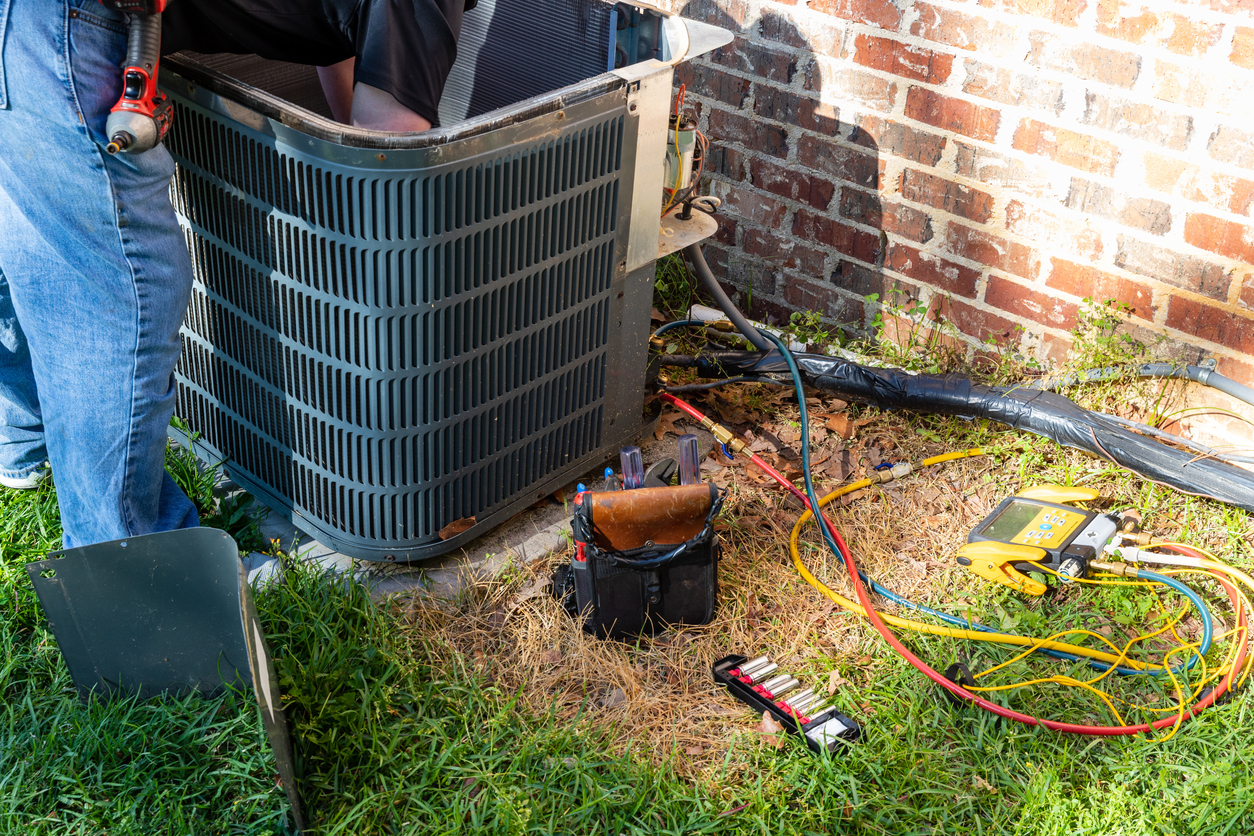
Why is My Air Conditioner Making a Dripping Noise?
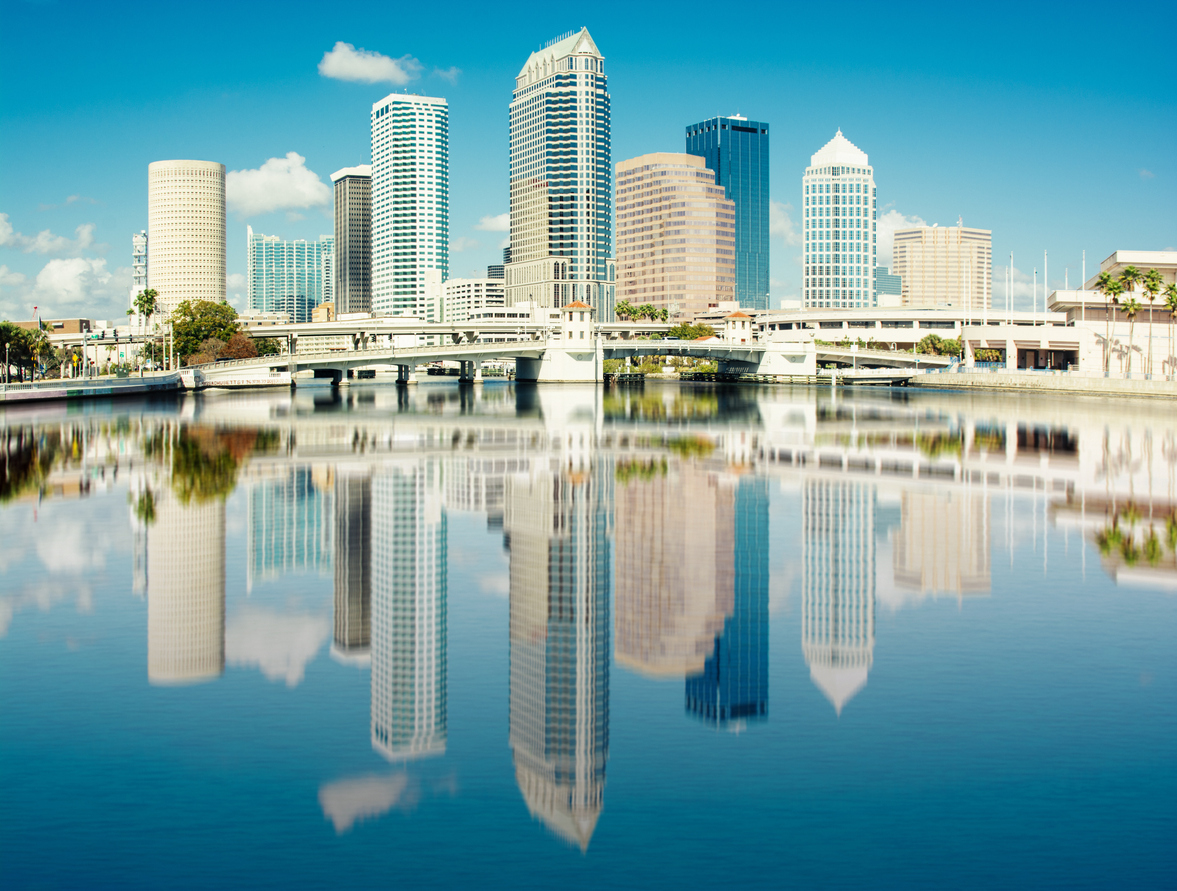
What Should You Set AC to in Florida When Away From Home?
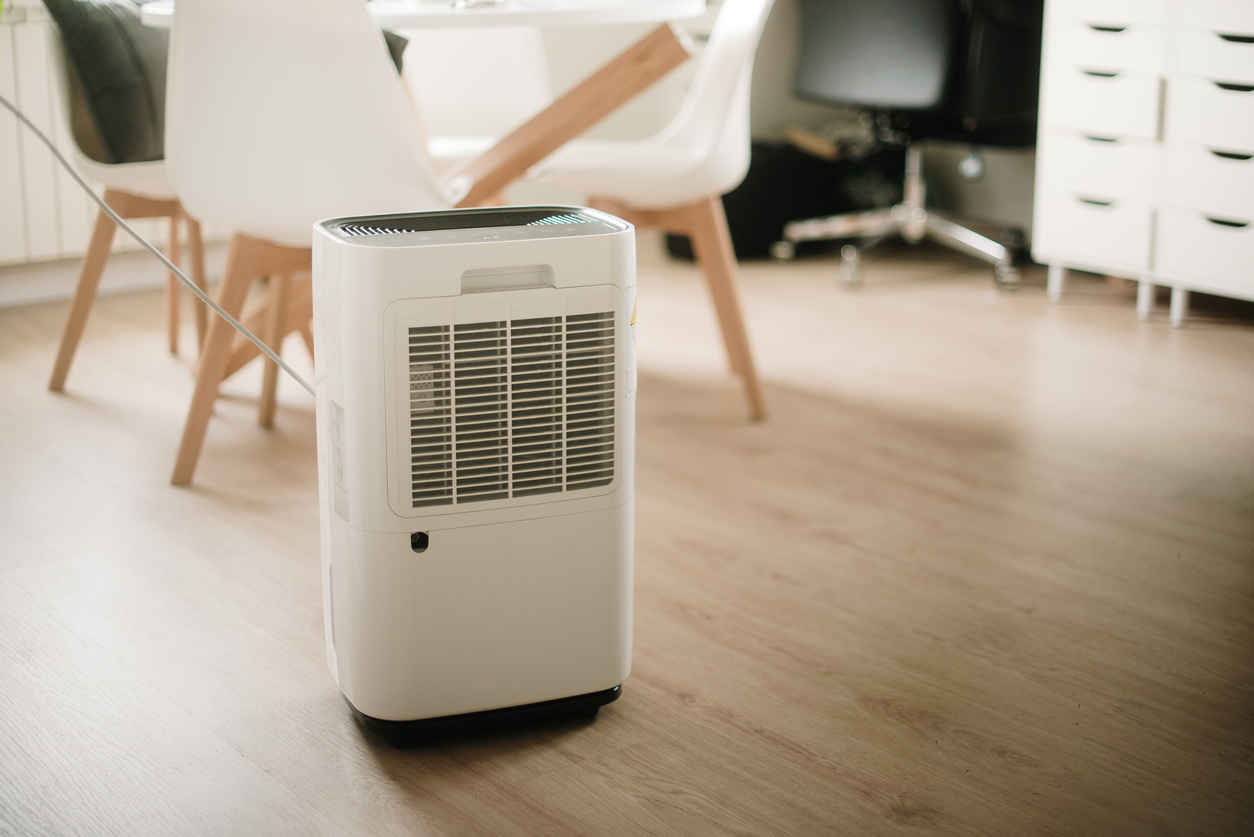
How to Dehumidify a Room
